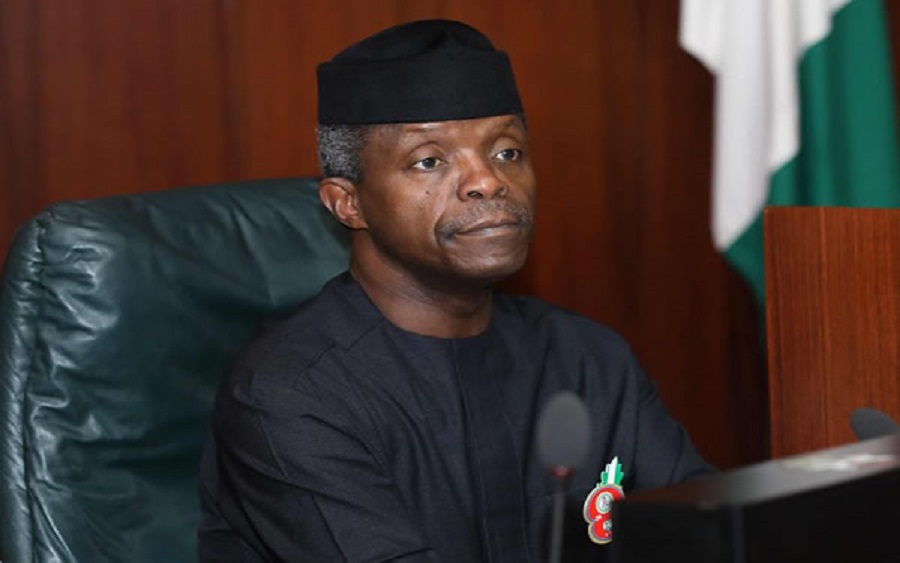The Federal Government has announced plans to buy only locally assembled cars and discontinue the purchase of imported foreign ones for its use, as part of its bid to promote its policy on the local auto industry.
According to a report by Punch, this was disclosed by President Muhammadu Buhari in a speech delivered by Vice President Yemi Osinbajo, on Monday, November 23, 2020, at the opening session of the 26th Nigerian Economic Summit Group (NESG) Conference themed: “Building Partnerships for Resilience”
READ: Airsmat berths artificial intelligence platform to improve farm output
Osinbajo also explained that the Federal Government would buy locally assembled cars rather than imported foreign ones.
In his response on the issue of import duties which was raised at the summit during his presentation, the Vice President explained that the reduction of import duty on vehicles would help reduce the cost of transportation.
READ: Agriculture: CBN’s revised policy on the dairy industry
Osinbajo said, “The point of the reduction in levies on motor vehicles, commercial vehicles for transportation is to reduce the cost of transportation by reducing the cost of vehicles.
“With subsidy removal and the increase in fuel price and the pass-through to food prices, transportation costs had to be reduced. Now the automotive policy is directed at localizing the production of vehicles.
READ: Court slams N5 million fine on Nigeria Customs Service for collecting duty on personal effects
“So, the logic was to increase the duty and levies, so that local production becomes more competitive. But the annual demand for vehicles is about 720,000 vehicles per year. Actual local production is 14,000 vehicles a year.”
Osinbajo pointed out that the country’s local production capacity is grossly inadequate to meet serious national needs and this would ultimately lead to higher prices of vehicles and more pressure on other sectors of the economy that depends on transportation.
READ: FG targets 22 non-oil commodities for export promotion
It can be recalled that in one of her outings, the Minister for Finance, Budget and National Planning, Zainab Ahmed, revealed that the major cause of the increase in inflation rate in the country is increased transportation costs.
Osinbajo, however, stated that the government was not giving up on the local auto industry.
“Two important things to note, the first is that we still have a relatively high duty at 35 per cent; So, there is still a disincentive for importation,” he said.
READ: Elon Musk becomes World’s 3rd richest person
He added that the government was also promoting a policy of buying only locally manufactured cars. “The introduction of a new automotive policy in 2013, which is currently up for review, was geared towards discouraging the importation of wholly assembled automobiles and encouraging local production. It specifically allows local assembly plants to import completely knocked down vehicles at 0% import duty and semi-knocked down vehicles at 5% import duty, while importers will pay 70% on new and fairly used vehicles.”












